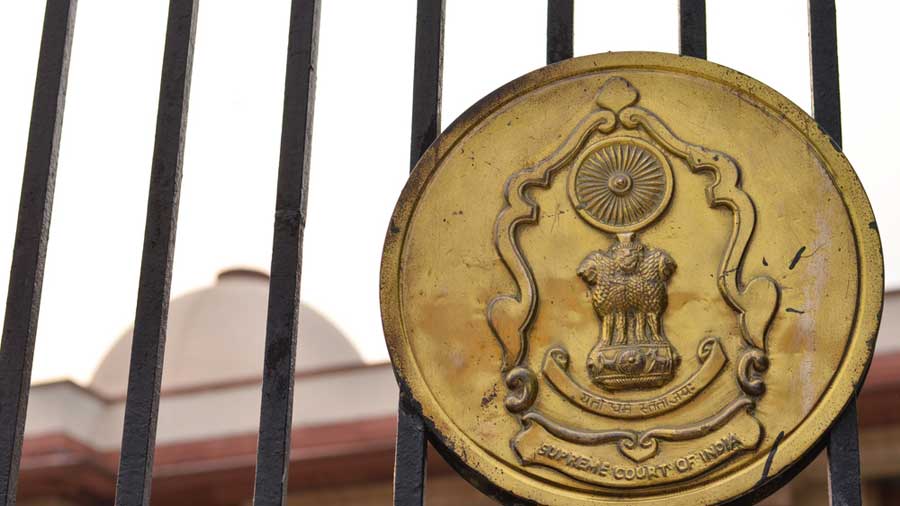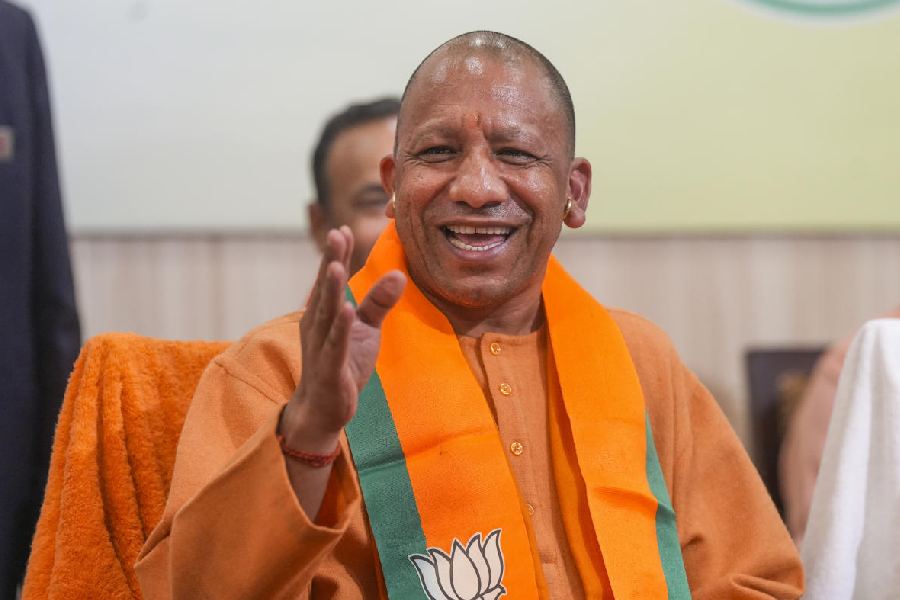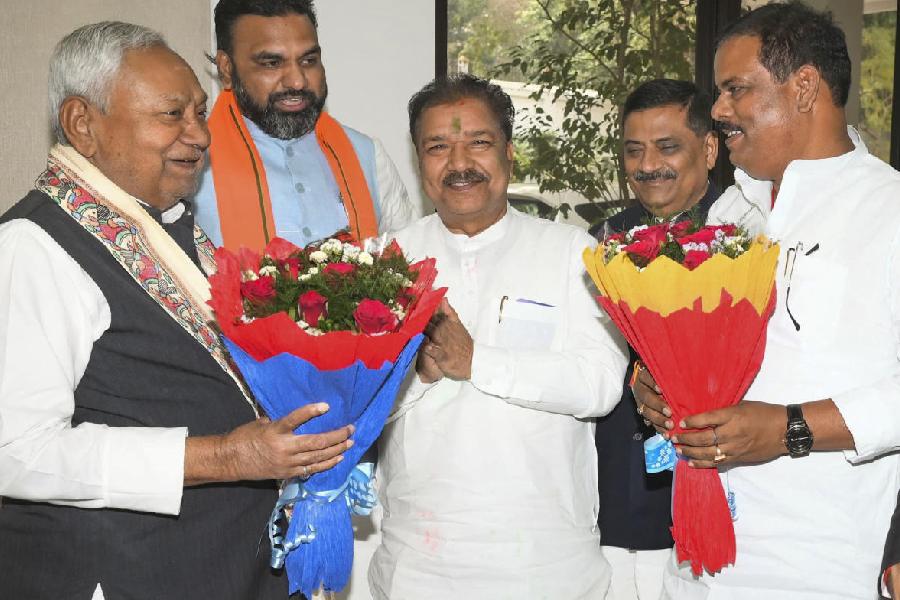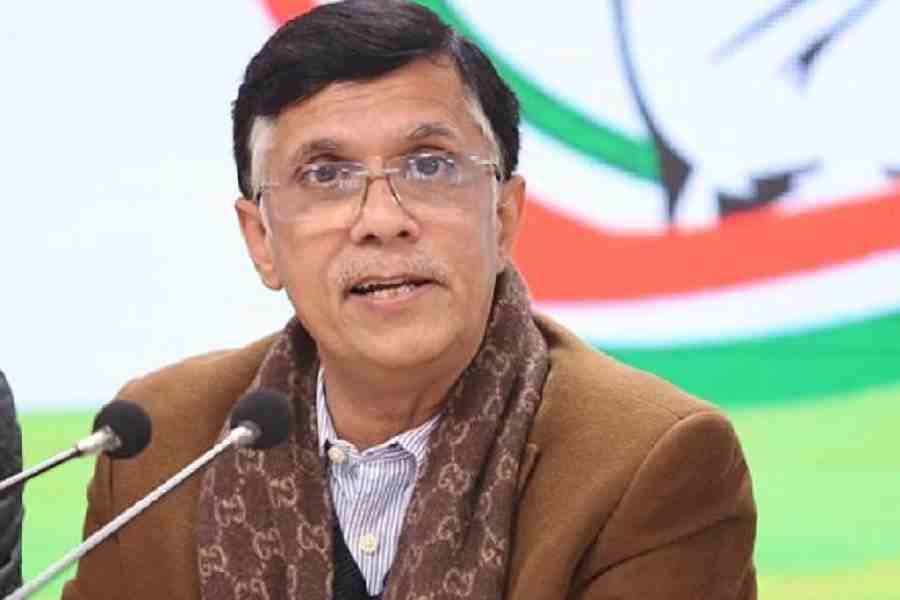The Supreme Court has dismissed a joint petition by 14 Opposition parties led by the Congress seeking pre-arrest guidelines to prevent alleged abuse of the CBI and the Enforcement Directorate by the Narendra Modi government, saying “political leaders do not enjoy a higher immunity than a common citizen”.
“Dr Singhvi, once we accept that political leaders are absolutely on the same footing as common citizens with no higher immunity, then how can we say that there can be no arrests?” Chief Justice D.Y. Chandrachud asked senior advocate Abhishek Manu Singhvi appearing for the parties.
Singhvi argued statistics revealed that the 14 political parties represented 42 per cent of the electorate and it affected the rights of that section of voters, too.
This prompted the bench, also having Justice J.B. Pardiwala, to remark: “The problem with this petition is that you are trying to extrapolate the statistics into some sort of legal guidelines. These statistics only relate to politicians. We cannot have guidelines exclusively for politicians. Political leaders stand absolutely on the same footing as citizens of this country.
“How can we start laying down guidelines in an abstract context? Laying down guidelines dehors the facts of the case cannot be done,” Justice Chandrachud asked.
The court said it could consider the pleas of individuals or groups of individuals who were personally aggrieved by such arrests. But in the present case, none of the parties is aggrieved individually, the court noted.
Singhvi sought permission to withdraw the petition, which the bench accepted.
The joint petition filed by the 14 Opposition parties had made the appeal “in the light of the alarming rise in the use of coercive criminal processes against Opposition political leaders and other citizens exercising their fundamental right to dissent and disagree with the present Union government”.
“Investigating agencies such as CBI and ED are being increasingly deployed in a selective and targeted manner with a view to completely crush political dissent and upend the fundamental premises of a representative democracy,” the petition said.
According to the petition, the following statistics demonstrate the state of affairs: “i. A clear trend of using ED raids as a tool of harassment, with the action rate on raids i.e. complaints filed pursuant to raids reducing from 93% in 2005-2014, to 29% in 2014-2022. ii. Only 23 convictions under the Prevention of Money Laundering Act, 2002, have been secured as of now, even as the number of cases registered by the ED under the PMLA has risen exponentially (from 209 in 2013-14 F.Y. to 981 in 2020-21, and 1,180 in 2021-22). iii. Between 2004-14, of the 72 political leaders investigated by the CBI, 43 (under 60%) were from the Opposition of the time. Now, this same figure has risen to over 95%. The same pattern is reflected in ED’s investigations as well, with the proportion of Opposition leaders from the total number of politicians investigated rising from 54% (before 2014) to 95% (after 2014).”
The political parties that had filed the petition were the Congress, DMK, RJD, BRS, Trinamul Congress, AAP, NCP, Shiv Sena (Uddhav Thackeray faction), JMM, JDU, CPM, CPI, Samajwadi Party and the J&K National Conference. Together, the parties represent 45.19 per cent of the votes cast in the last Assembly elections, and 42.5 per cent of the votes cast in the 2019 general election. These parties hold power in 11 states and Union Territories.











